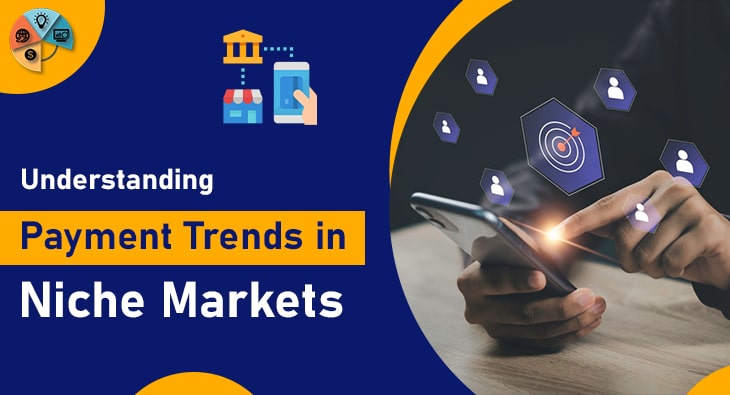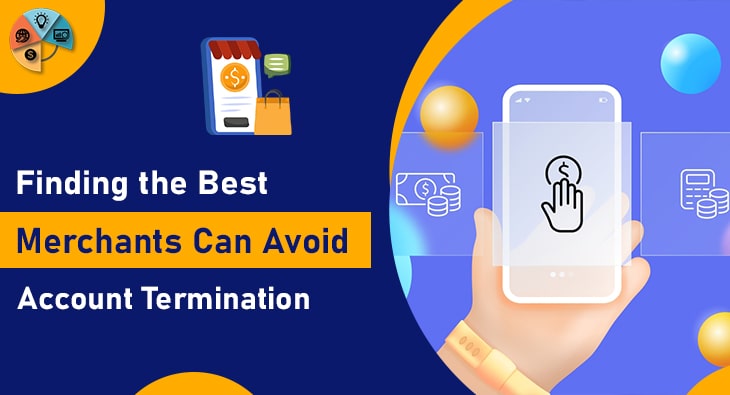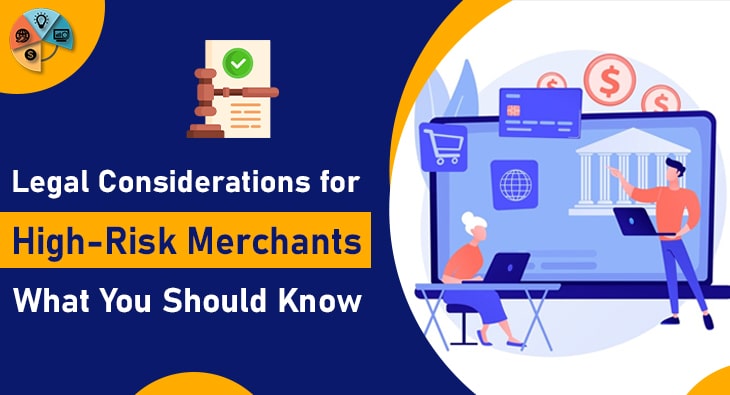As businesses increasingly focus on specialized audiences, understanding payment trends in niche markets has become essential for staying competitive. Niche market payments often present unique challenges and opportunities that differ significantly from mainstream sectors.
For instance, consumers in these markets may prefer alternative payment methods that align with their values, such as cryptocurrencies or buy-now-pay-later options. Moreover, the willingness to pay can vary dramatically based on the specific needs and preferences of these audiences.
By analyzing emerging payment trends, businesses can tailor their strategies to meet the expectations of their target customers, ultimately enhancing customer satisfaction and loyalty. Staying informed about these trends not only helps in optimizing the checkout experience but also fosters a deeper connection with niche market consumers, positioning brands for long-term success in a crowded marketplace.
Evolution of Payment Methods in Niche Markets
Niche markets have witnessed a significant evolution in payment methods over the past decade. Initially, many businesses in these specialized sectors relied on traditional payment options like credit and debit cards.
However, as consumer preferences evolved, so did the range of available payment solutions. One notable shift has been the growing adoption of digital wallets and mobile payments, which offer convenience and speed, catering to tech-savvy customers who demand seamless transactions.
Additionally, alternative payment methods such as cryptocurrencies have gained traction in various niche markets, particularly those that value decentralization and privacy. These markets often attract early adopters willing to explore and embrace innovative financial technologies.
Subscription-based models have also become increasingly popular, allowing consumers to enjoy ongoing access to products and services with the ease of automatic recurring payments.
Buy-now-pay-later options have emerged as another significant trend, offering flexibility and helping businesses capture a broader audience by lowering the barrier to entry for high-ticket items. As these payment methods continue to evolve, businesses must stay agile and responsive to the changing landscape, ensuring they provide the most relevant and appealing options to their niche market consumers.
Some Related Blogs
- The Impact of Payment Technology on Customer Experience
- Security Best Practices for Payment Processing
- Cryptocurrency as a Payment Option
- The Role of Payment Gateways in E-Commerce Success
The Rise of Digital Wallets and Mobile Payments
The rise of digital wallets and mobile payments in niche markets has revolutionized how transactions are conducted. These payment methods have seen increased adoption due to their convenience, speed, and user-friendly interfaces.
In niche markets, where customer experience is paramount, the ability to offer quick and secure payment options can significantly enhance consumer satisfaction. Digital wallets, such as Apple Pay, Google Wallet, and Samsung Pay, have become popular choices, enabling users to make purchases with just a tap on their smartphones.
Mobile payments have also gained traction among businesses catering to younger, tech-savvy audiences who prefer digital solutions over traditional methods. This shift is particularly evident in sectors like gaming, online subscriptions, and specialized e-commerce platforms, where seamless transactions are critical to retaining customer loyalty.
Furthermore, digital wallets often come with integrated security features, such as biometric authentication and tokenization, which add an extra layer of protection against fraud and data breaches. As consumer trust in these technologies grows, niche markets are likely to see an even greater shift towards digital wallet and mobile payment adoption, driving innovation and setting new standards for payment experiences.
The Role of Cryptocurrency in Niche Market Payments
Cryptocurrency has emerged as a powerful force in niche market payments, offering a decentralized and secure alternative to traditional financial systems.
Many niche markets, such as tech startups, online gaming, and certain subscription services, have embraced cryptocurrencies like Bitcoin, Ethereum, and Litecoin for their potential to reduce transaction fees and enhance privacy.

These markets often attract consumers who prioritize innovation and are willing to experiment with new technologies. Cryptocurrencies enable instantaneous cross-border transactions, making them ideal for businesses with a global customer base.
Additionally, blockchain technology provides transparency and immutability, which can help build trust between businesses and their customers. For niche markets that operate in regulatory gray areas or face financial censorship, cryptocurrencies offer a viable payment solution that is less susceptible to external control. As more businesses recognize the benefits of accepting cryptocurrencies, we can expect to see continued growth in their adoption across various specialized sectors.
The Impact of Subscription-Based Models
Subscription-based models have transformed how businesses interact with their customers, particularly in niche markets. By offering products and services through recurring payments, companies can create a steady revenue stream and foster long-term customer relationships.
This approach is especially beneficial for niche markets, where customer loyalty and ongoing engagement are critical. Subscription models allow consumers to enjoy continuous access to exclusive content, products, or services, often tailored to their specific interests and needs.
This recurring interaction not only increases customer retention but also provides businesses with valuable data on consumer preferences and behavior.
Additionally, subscription-based models can help reduce customer acquisition costs over time, as satisfied subscribers are more likely to stick with the service and even recommend it to others.
As a result, businesses can focus on delivering high-quality, personalized experiences that cater to their niche market’s unique demands, ensuring sustained growth and customer satisfaction.
Security and Fraud Prevention in Niche Market Payments
Security and fraud prevention are paramount concerns in niche market payments. These markets often deal with unique products and services that may attract targeted attacks from cybercriminals.
Businesses must implement robust security measures to protect sensitive customer information and financial data. Utilizing advanced encryption technologies ensures that transactions remain secure from interception and tampering.
Multi-factor authentication (MFA) adds an additional layer of security, requiring users to verify their identity through multiple steps before completing a payment. Tokenization is another effective method, replacing sensitive payment information with unique tokens that are useless if intercepted.
Fraud detection systems employing artificial intelligence (AI) and machine learning (ML) can help identify and mitigate fraudulent activities by analyzing patterns and flagging suspicious transactions in real-time.
Additionally, maintaining compliance with industry standards such as PCI DSS (Payment Card Industry Data Security Standard) is crucial for safeguarding payment environments. Businesses should also educate their customers about safe online practices, such as recognizing phishing attempts and using secure connections for transactions.
By prioritizing security and fraud prevention, companies can build trust and protect their niche market consumers from financial loss and identity theft, ensuring a safer transaction experience for all parties involved.
![]()
Email us anytime!
Email customer service 24/7
![]()
Call us anytime!
Reach customer care 24/7 at +1 (727) 330-3944


